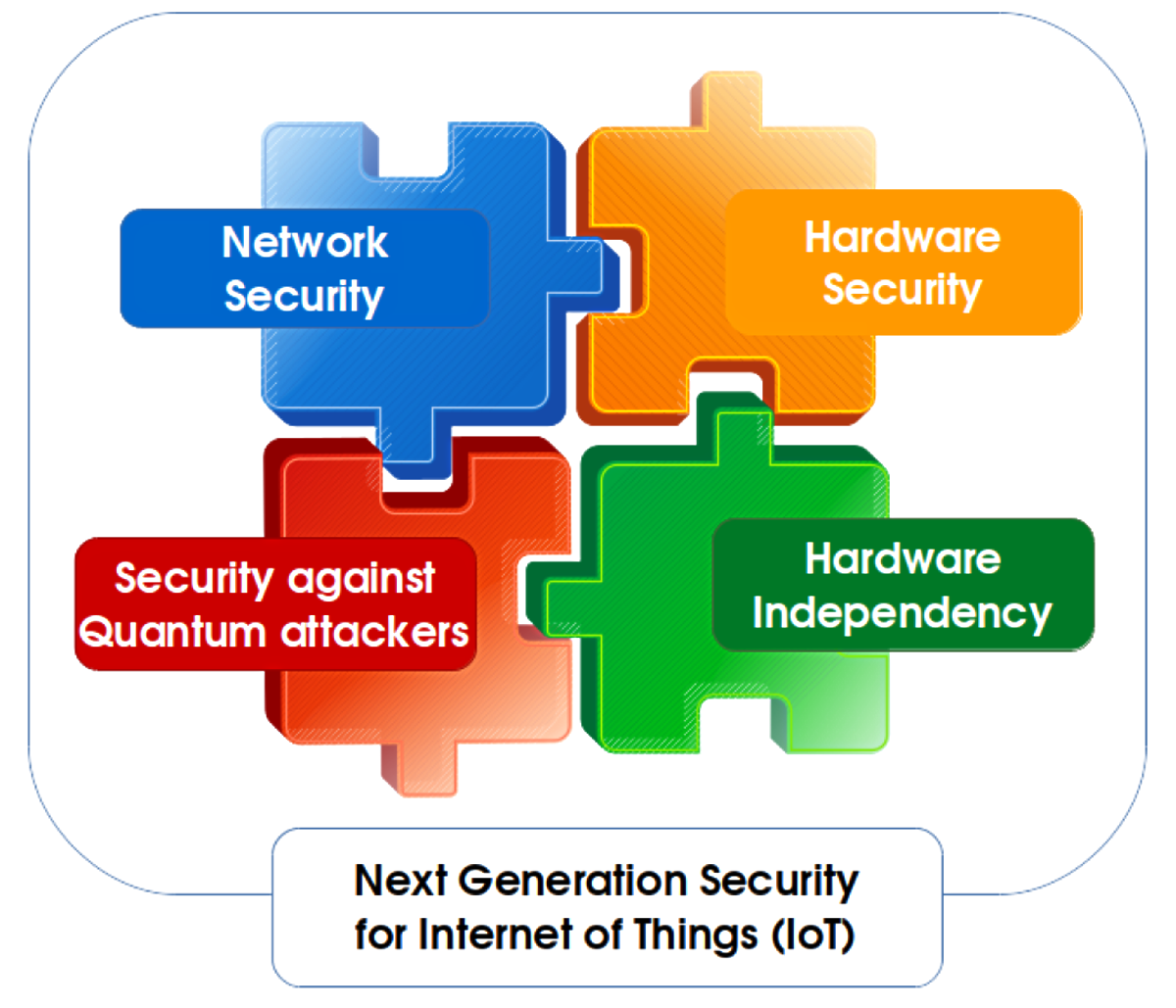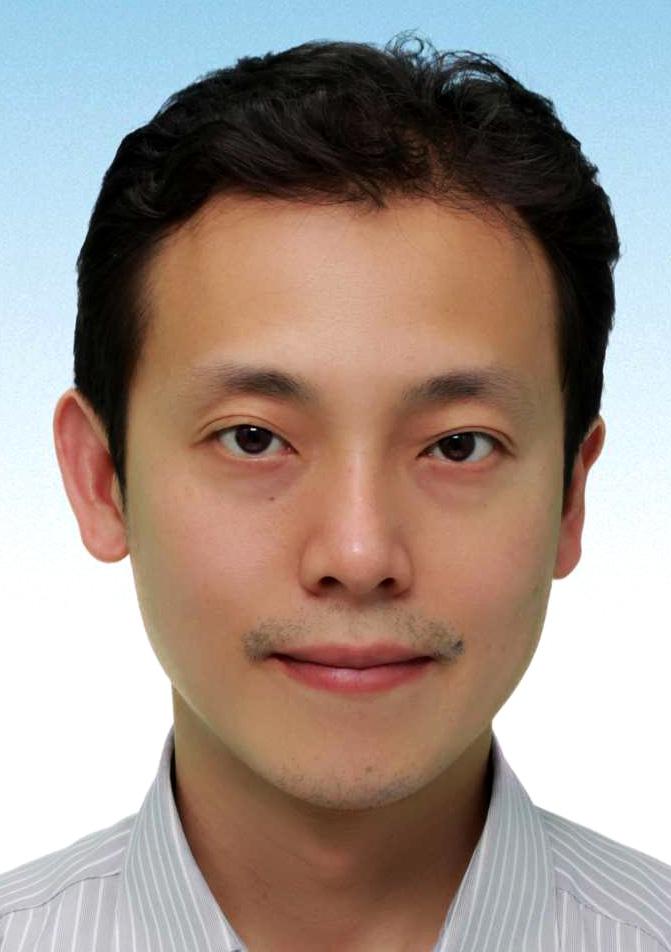June 2017 Issue
Feature
Computer science: Post-quantum cryptography and security for Internet of Things
"I have been really lucky to have studied and worked with many people in many countries," says Bagus Santoso, tenure track assistant professor at the Department of Computer and Network Engineering, University of Electro-Communications, Tokyo. "In Indonesia, my home country, I really enjoyed mathematics at high school. I was interested in applying math concepts, and decided to come to Japan to study computer science." After a year learning Japanese in Tokyo, Bagus was admitted to study at the famous Toyota National College of Technology, Toyota, Aichi, where he got his first opportunity to study computer science, electronic engineering, and artificial intelligence.
After graduating with as an Associate in Computer Engineering in March 2001, he was accepted to study for a bachelor's degree at University of Electro-Communications, Tokyo. "At UEC I studied public-key encryption and cryptanalysis for my graduation project under the supervision of Professor Kazuo Ohta," says Bagus. "My thesis was entitled, 'public-key traitor tracing scheme revisited'. I was really fascinated by this subject and continued to conduct research in the Ohta Lab, starting with my master's degree on 'comprehensive optimal security proof for PFDH under strong existential unforgeability', and then my doctorate on 'analysis and design of cryptographic schemes for lightweight devices' that covered the areas of cryptanalysis, public-key identification scheme, lattice theory, number theory, and security proofs."
In addition to academic research, Bagus has extensive experience of working on projects in industry and national research institutes, including Research Center for Information Security (RCIS), National Institute of Advanced Industrial Science and Technology (AIST), Japan. "During my time at AIST, I was able to expand my scope to hardware security and digital signature schemes with complex additional properties such as privacy and anonymity," says Bagus.
Bagus was a research scientist at the internationally renowned Institute for Infocomm Research (I2R), Agency for Science, Technology and Research, (A*STAR), in Singapore. "My research at A*Star was on design and analysis of efficient secure cryptographic protocols for mobile cloud computing," says Bagus. "I really enjoyed the international scope of the projects there. I worked with people from all over the world including China, Middle East and some Western countries."
Now, Bagus is focused on cryptography and information security, with specific topics including cryptography for IoT, RFID, IC cards; post-quantum cryptography and cryptographic protocols based on multivariate polynomials; cryptographic protocols based on code theory, cryptanalysis using lattice theory; zero-knowledge protocols; public-key encryption especially in attribute-based encryption; digital signatures; and theoretical framework of provable security.
References
- [1] Chunhua Su, Bagus Santoso, Yingjiu Li, Robert H. Deng, and Xinyi Huang. Universally Composable RFID Mutual Authentication. In IEEE Transactions on Dependable and Secure Computations (TDSC), Vol. 14, No. 1, pp.83-94 (12 pages), 2017.
- [2] Bagus Santoso, Kazuo Ohta, Kazuo Sakiyama, and Goichiro Hanaoka. An Effcient Authentication for Lightweight Devices by Perfecting Zero-Knowledgeness. In IEICE Transactions on Fundamentals of Electronics, Communications and Computer Sciences, Vol. E94-A, No.1, pp.92-103, 2011.
- [3] Goichiro Hanaoka, Shoichi Hirose, Atsuko Miyaji, Kunihiko Miyazaki, Bagus Santoso, and Peng Yang. Sequential Bitwise Sanitizable Signature Schemes. In IEICE Transactions on Fundamentals of Electronics, Communications and Computer Sciences, Vol. E94-A, No.1, pp. 392-404, 2011.
- [4] Bagus Santoso and Kazuo Ohta. A New 'On the Fly' Identifcation Scheme: An Asymptoticity Trade-Off between ZK and Correctness. In IEICE Transactions on Fundamentals of Electronics, Communications and Computer Sciences, Vol. E92-A, No.1, pp. 122-136, 2009.
- [5] Bagus Santoso, Noboru Kunihiro, Naoki Kanayama and Kazuo Ohta. Factorization of Square-Free Integers with High Bits Known. In IEICE Transactions on Fundamentals of Electronics, Communications and Computer Sciences, Vol. E91-A, No.1, pp. 306-315, 2008





